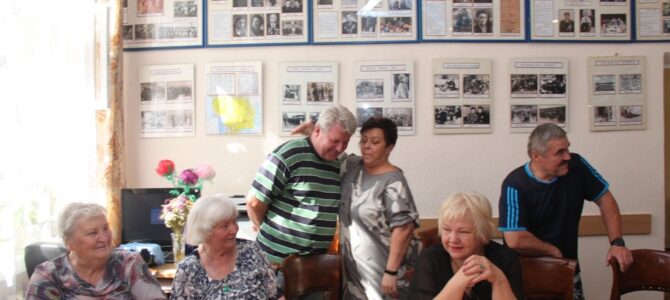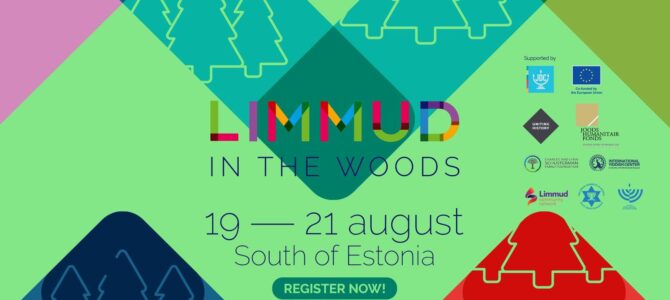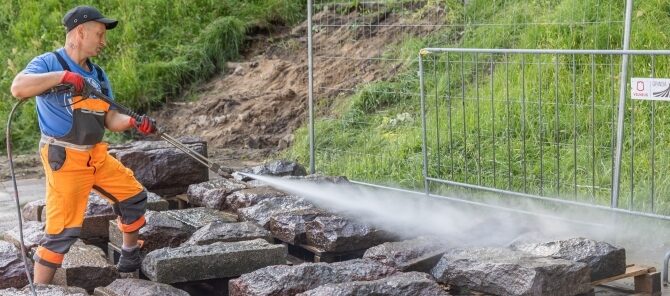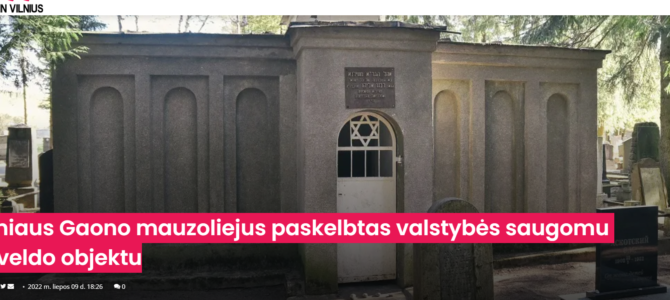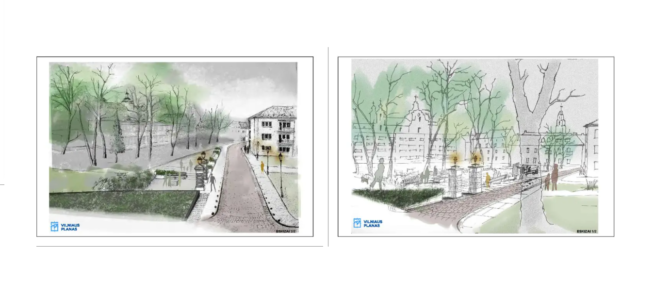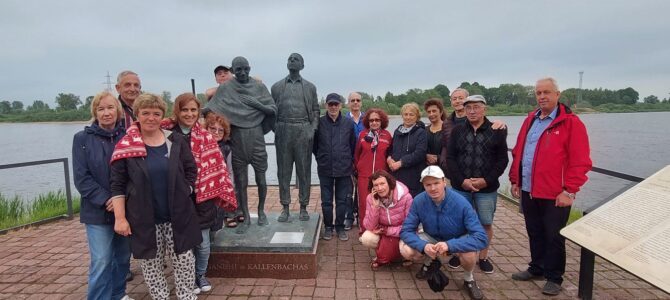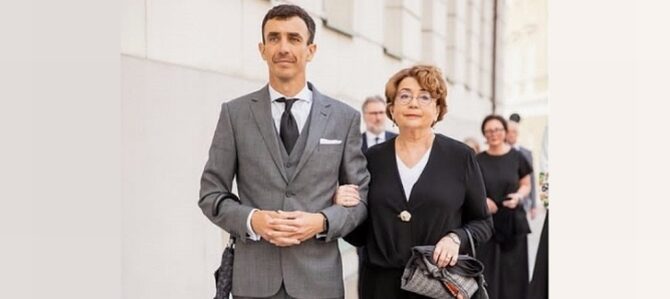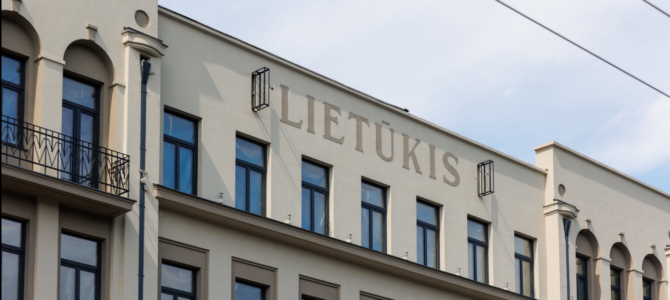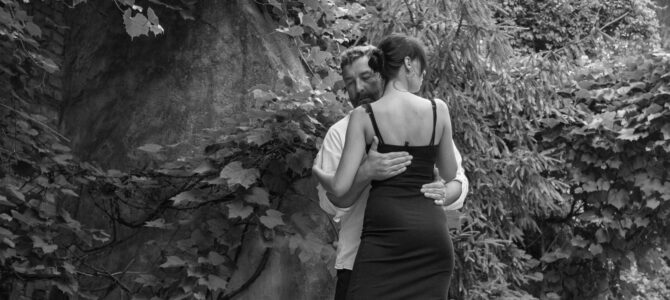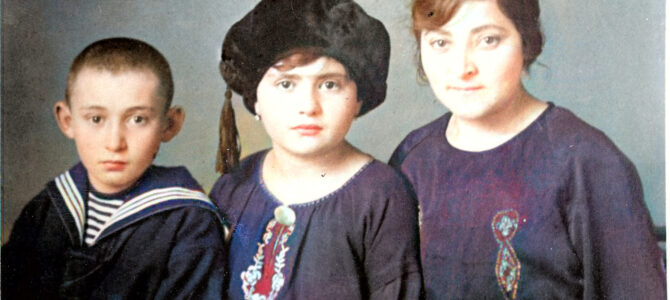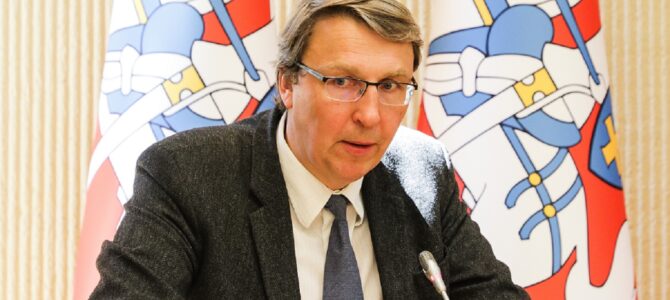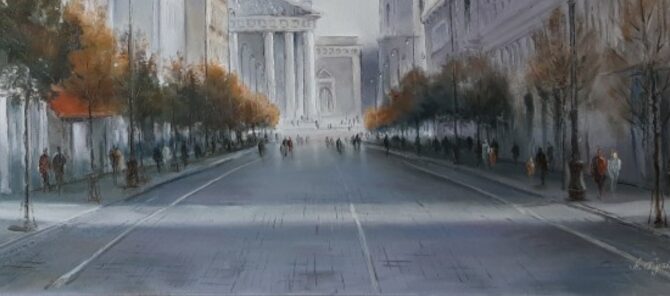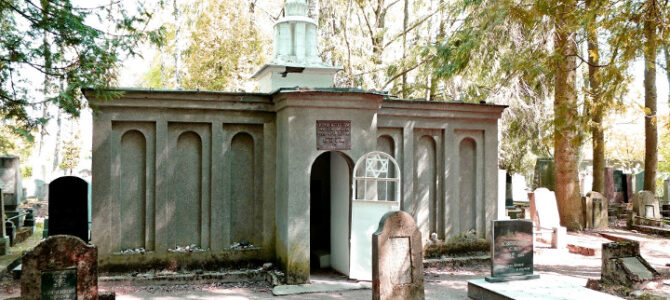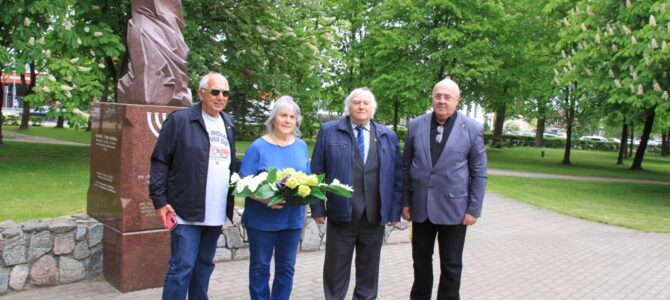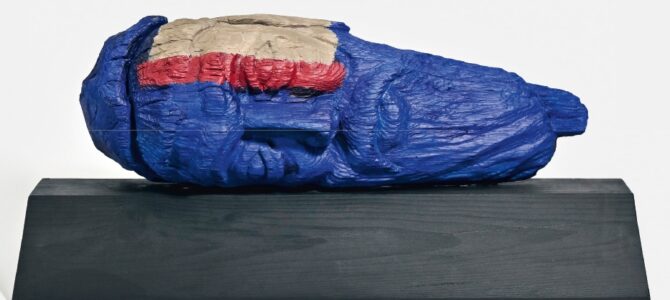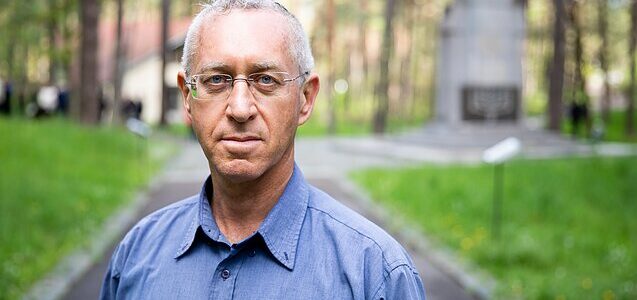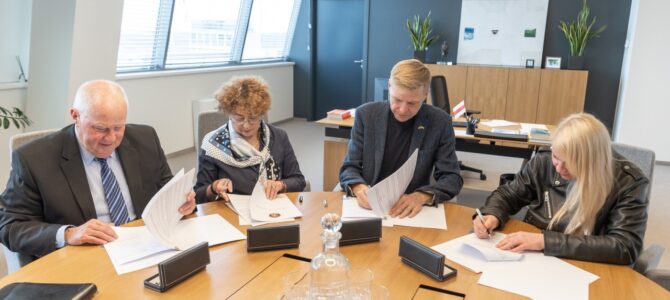On July 24 members, partners and friends of the Panevėžys Jewish Community gathered to celebrate the organization’s 30th birthday. Chairman Gennady Kofman thanked active members of the community in carrying on Jewish tradition and preserving Jewish heritage and gave special thanks to supporters and partners for their contribution in expanding the Community’s activities.
Community members recalled how the Community was formed and paid respects to its first chairman, the journalist Anatolijus Fainblumas, and others. Sincere words of gratitude went to Righteous Gentile Jonas Markevičius’s son Vidmantas and daughter Janina, who have helped promote the Community as well in the local community. Thanks were given to executive board members Jurijus Grafman and his wife Svetlana. Deep gratitude was expressed for the Lithuanian Jewish Community and its chairwoman Faina Kukliansky.
Chairman Kofman told the 30-year story of the Community. On July 8, 1991, the Panevėžys Jewish Community was officially reconstituted and articles of incorporation filed at the Panevėžys municipality. Goals and duties were set then: “To develop the national consciousness of members, to raise the level of culture and spirituality, to conduct our activities based on exemplary behavior and sincerity, to cooperate with all sorts of democratic organizations and religious confessions,” etc.


